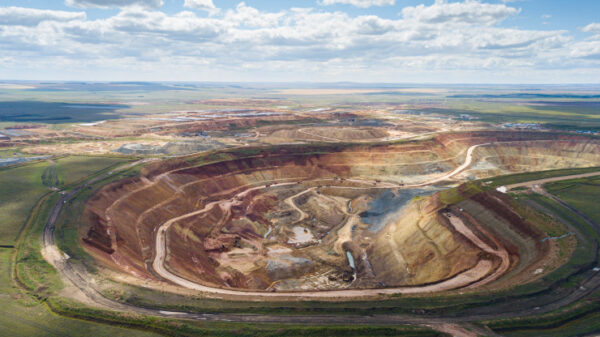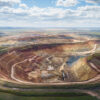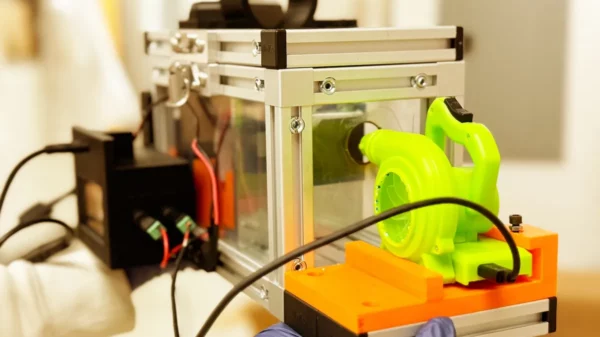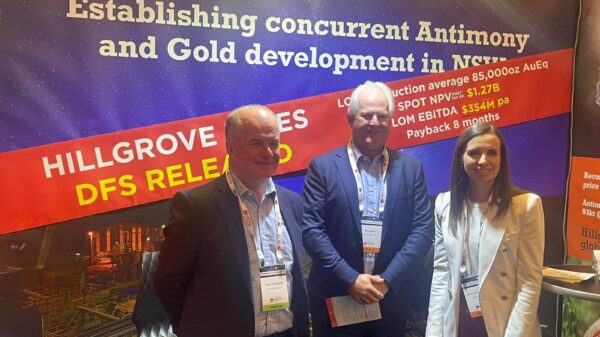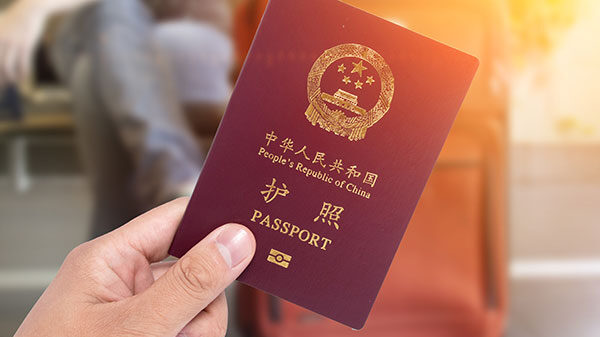Senior engineering students at Alfred University recently showcased the problem-solving capabilities of their final “capstone” artificial intelligence projects.
They are the end result of a recent AI course the scholars completed in collaboration with the Electric Power Research Institute and the New York State Energy Research and Development Authority.
One team of students used the power of AI to develop an algorithm capable of sorting mine tailings/waste and using the materials acquired for other useful purposes. The school offered little explanation about how it works in its press release on the subject.
Another cohort of learners created an AI system that can detect flaws, cracks and weaknesses in wind turbine blades. Few details were provided about this invention either, but it sounds potentially valuable if it could be further developed and utilized on a large scale.
Also, an AI platform that can detect rust on power line structures and another that can analyze images to determine if workers are wearing proper personal protective equipment.
The first two mentioned sound the most intriguing while the latter two are questionable. Why you would need AI to “differentiate rusted towers from non-rusted towers” is unclear. And why you would need it to tell if people are wearing the right PPE is uncertain as well. The details provided are too vague.
Established in 1836, Alfred University is most well-known for having the top ceramic arts program in the United States. The institution houses multiple state-of-the-art studios.
Read more: Arizona kids have a new teacher coming: artificial intelligence
Read more: Sick of telescammers pestering you? Now there’s an ‘AI Granny’ designed to waste their time
New York passes new AI legislation
A law implemented last week by state Governor Kathy Hochul will require New York government agencies to monitor their AI usage and submit comprehensive reports to her office. It prohibits using the technology for certain purposes and helps protect state employees.
Utilizing AI programs for automated decisions about who is eligible to receive things like unemployment benefits or childcare assistance is now banned. Furthermore, workers are now protected from having their hours and duties reduced because of AI.
Hochul also launched an “Empire AI Consortium” in April with a US$275-million-dollar investment. It will be responsible for setting up an advanced AI computing centre at the University of Buffalo.
“Whoever is at the forefront of artificial intelligence will dominate the next chapter of human history,” Hochul said this spring, “and I’m committed to seizing that opportunity here in New York.”
There are an estimated 40,000 AI professionals in New York City alone along with 35 private AI startups valued at over US$1 billion. Over 2,400 AI-related jobs are currently listed on platforms like Indeed for Big Apple residents and those throughout the rest of the state.
rowan@mugglehead.com







